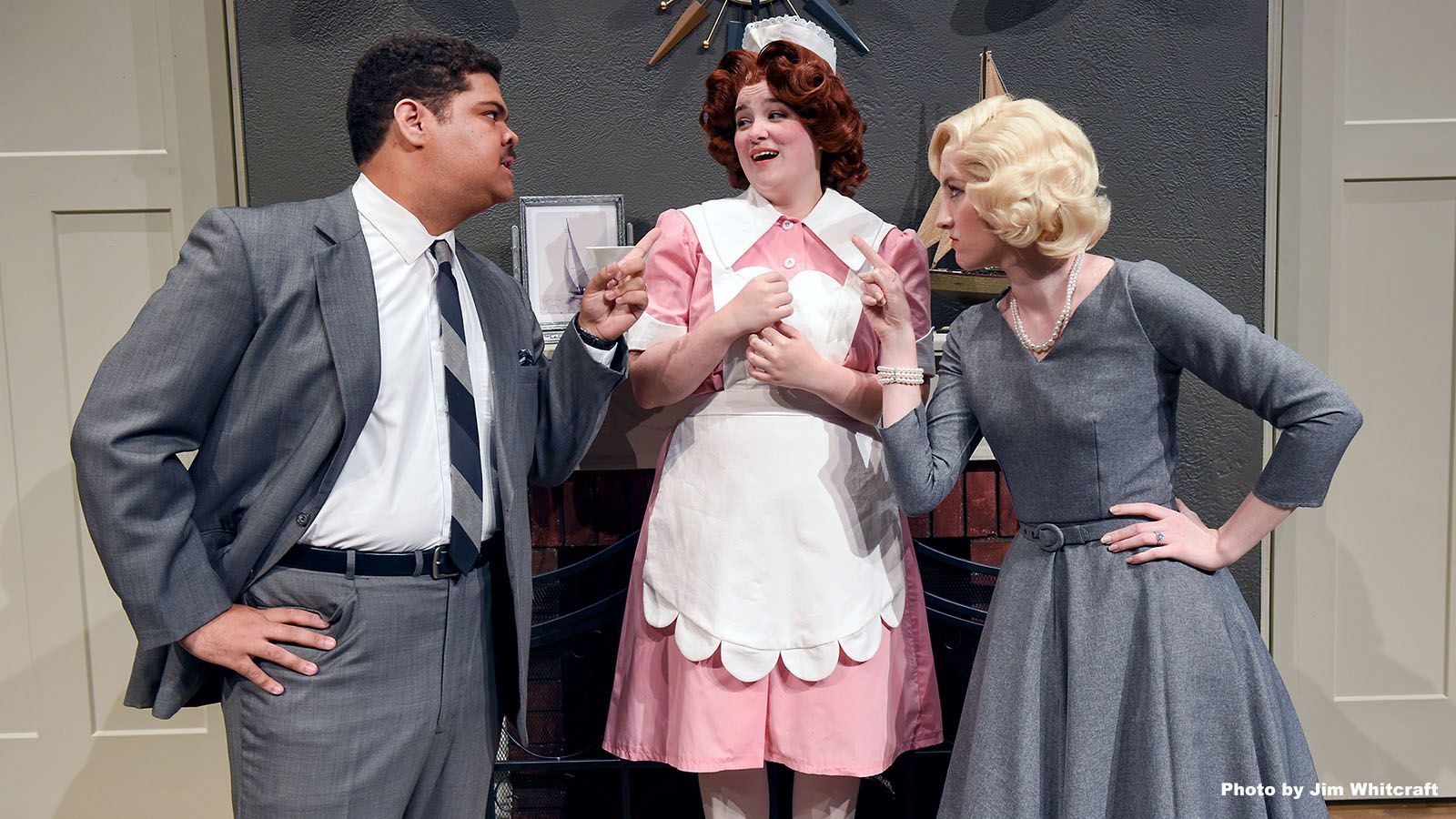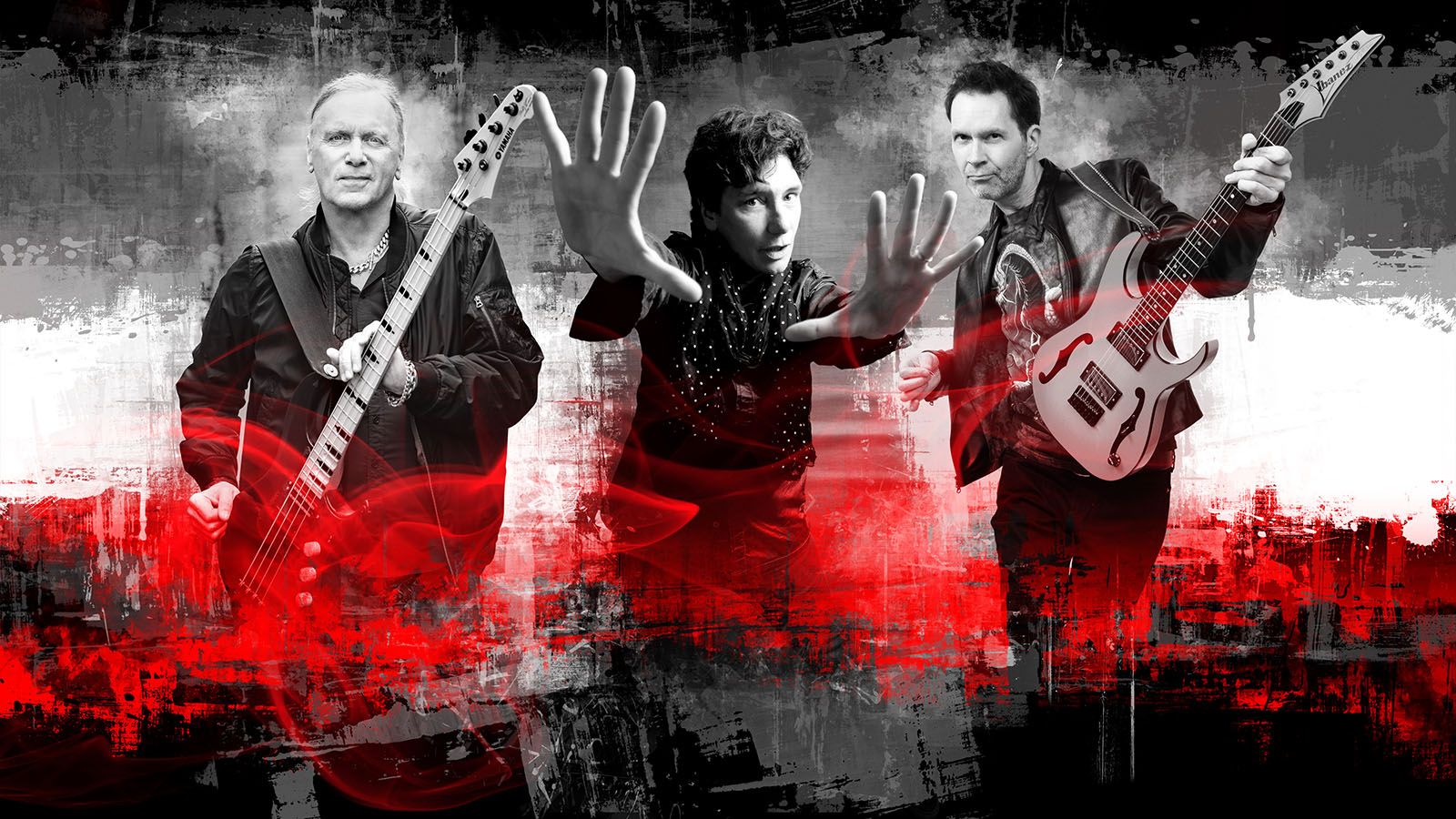New, unusual, and experimental ideas have propelled theater forward through the centuries. While Americans were enjoying realist plays primarily on our stages during the first half of the 20th century, Europeans gave up on trying to represent objective truth. Instead, wild experimentation reigned across the continent. These experiments also sought to portray reality, but from a different vantage point. The experiments took on the representation of reality from the subject’s own limited perspective, exposing all of the fallibility and foibles of human action.
This half-century of European experimentation reached its peak with the genre Theatre of the Absurd following World War II.
‘The Bald Soprano’
PFW Department of Theatre
8 p.m. Friday-Saturday, Sept. 22-23
2 p.m. Sunday, Sept. 24
8 p.m. Thursday-Saturday, Sept. 28-30
PFW Williams Theatre
2101 Coliseum Blvd. E., Fort Wayne
$5-$18 · (260) 481-6555
Literary critic Martin Esslin coined the term when titling his book on a collection of writers that he suggested had several things in common. Esslin suggested works by Samuel Beckett, Harold Pinter, Arthur Adamov, and Eugène Ionesco, among others, were “absurdist” because they refused to make human actions boil down to rhetorically sound arguments in the way that realist writers had always done.
The Romanian-born French dramatist Eugène Ionesco created his one-act play, The Bald Soprano, as an attempt to write something un-entertaining — an “anti-play.” He failed miserably because, although sense was lacking, the play was a hit with audiences. The success spurred him on to write more anti-plays.
None of the playwrights Esslin linked together as absurdists mirrored each other. Rather, they are linked for their broad idea about how knowledge works — that our actions are rarely performed with an overall sense of grand design. If there is something besides our will to survive driving us, we cannot know it. Even though we carry the ability to reason, we nevertheless endlessly take part in meaning-making activities that do not lead to the discovery of any final, anxiety-relieving essential truth. We are spinning our wheels until we expire.
The Bald Soprano pokes fun at married life and language at the same time.
In the opening scene, verbal exchanges for this married couple do not require listening since their conversations have been repeated again and again over decades. Consequently, the need to make sense while talking no longer seems necessary if neither is listening.
If failure to listen is explored in the first scene, it is challenged in the next, when a second couple employs intense listening only to figure out something that should have been obvious to them all along. In both of these examples, the exchange of words fails to function in a reliable manner, resulting in a watching and listening experience for the audience that we hope proves to be hilarious.
Join us for The Bald Soprano in Williams Theatre from Sept. 22–30, 2023. Tickets can be purchased in advance at pfw.edu/tickets.
 Submit Your Event
Submit Your Event




